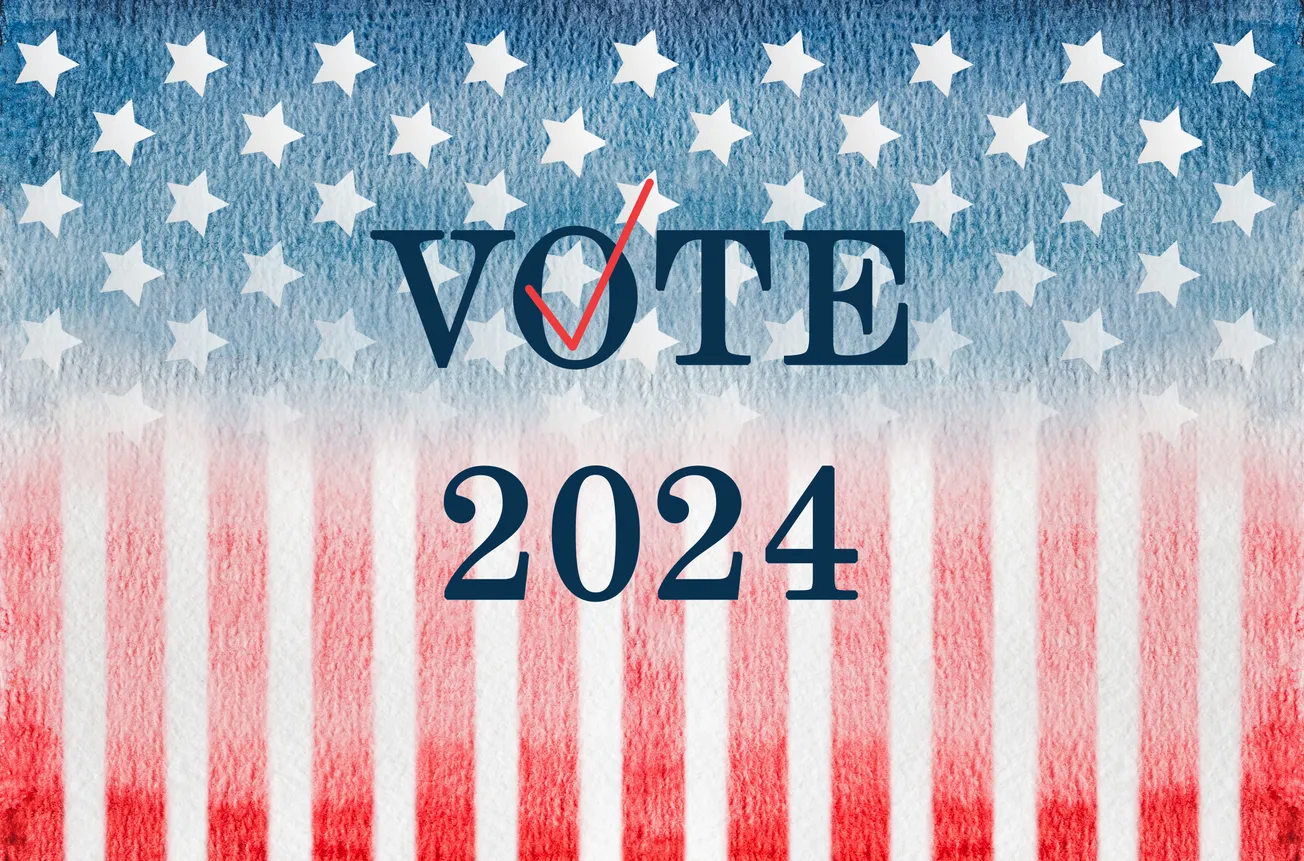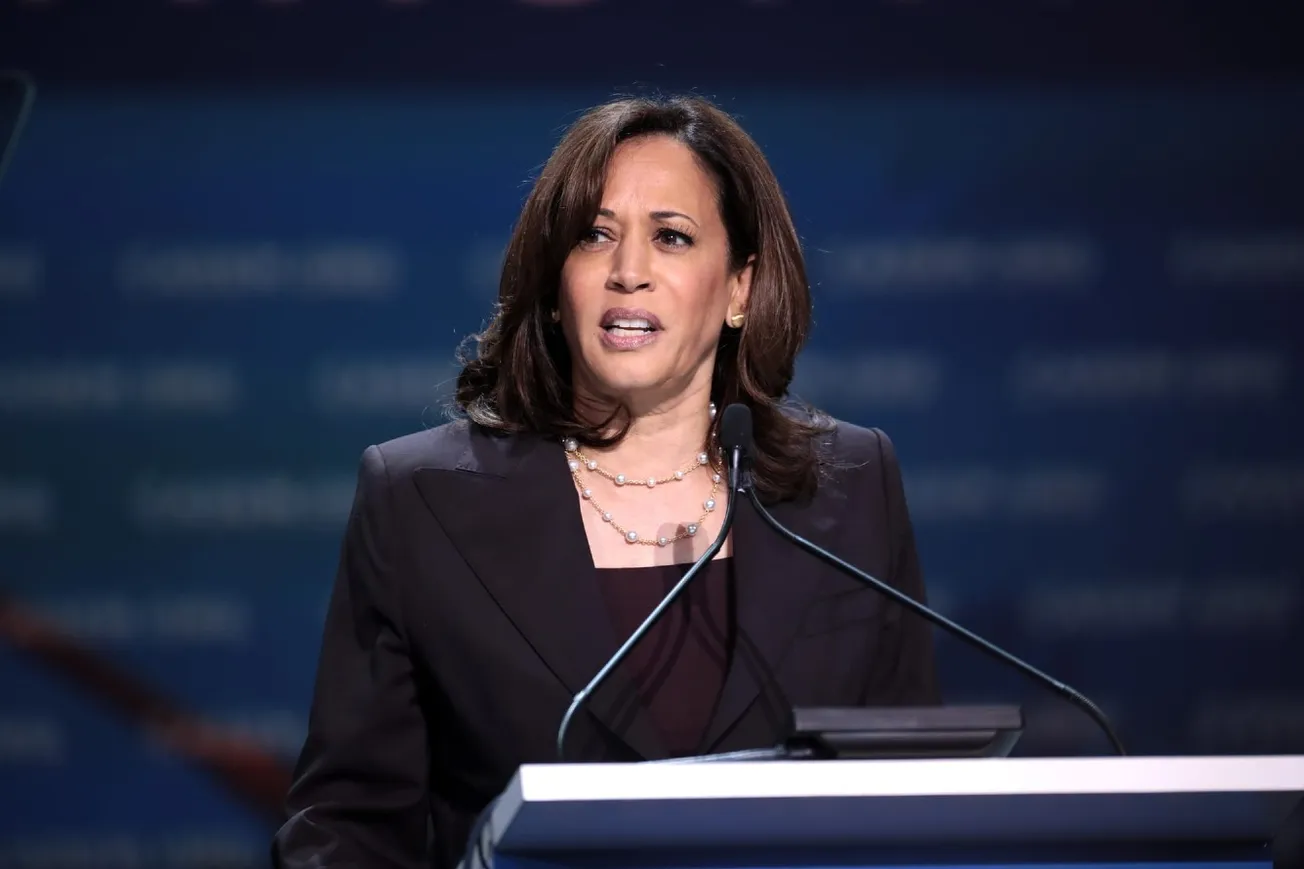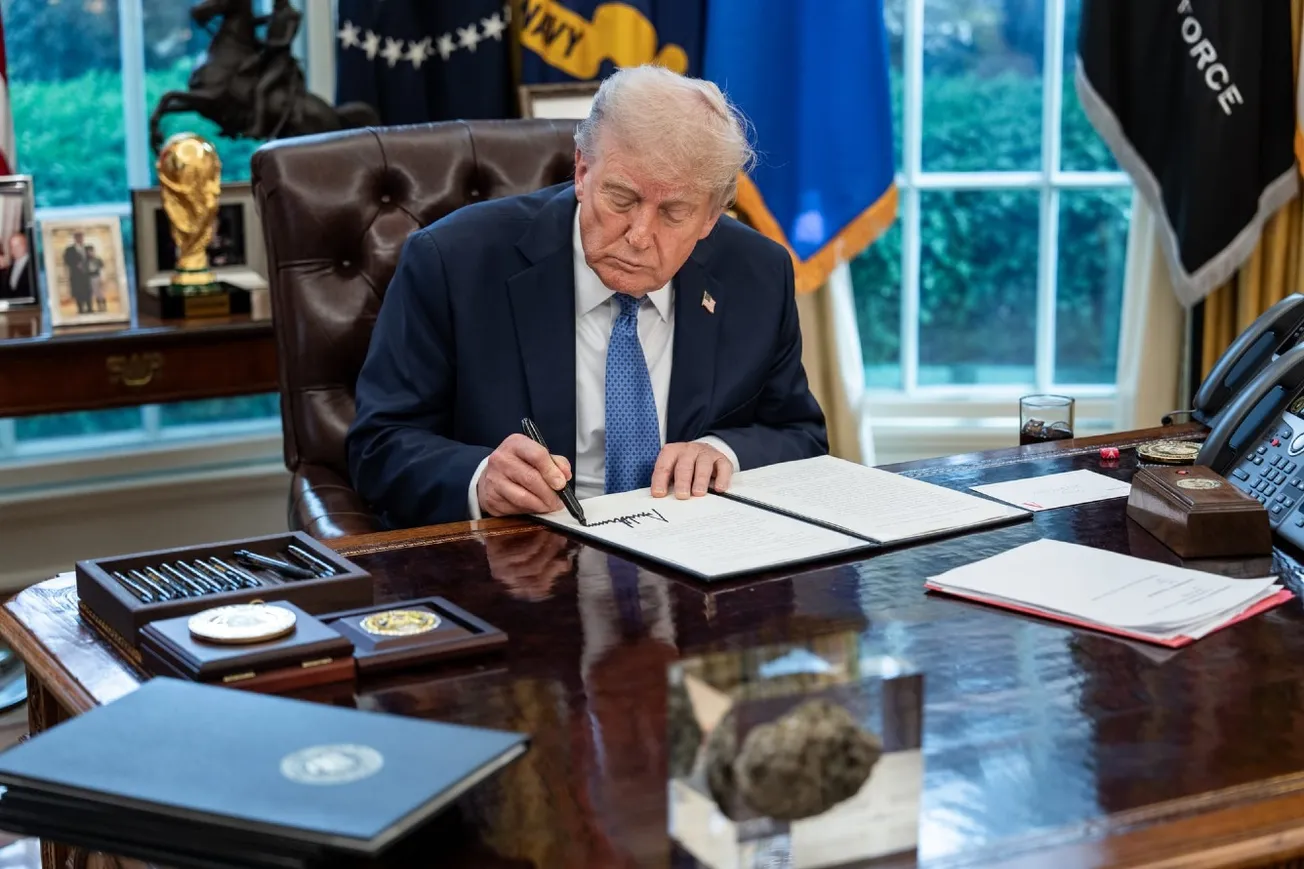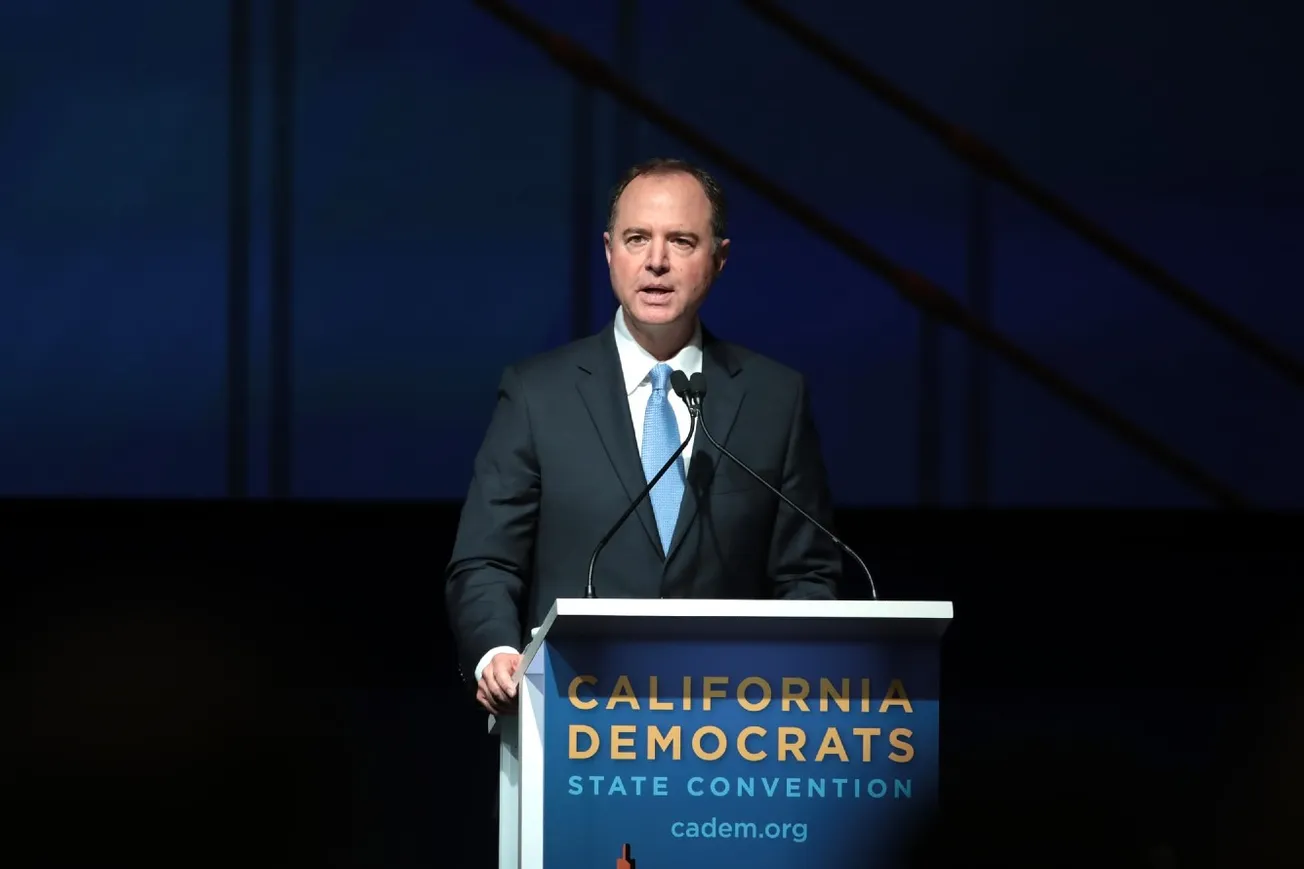- Election integrity is a paramount concern
- Changes to mail-in voting laws during the pandemic raised questions
- States like Georgia and Texas have taken steps to enhance election security
- Elections have become deeply divided, with traditional conceding calls fading away
As the 2024 primary season gains momentum, the media is completely engrossed in which candidate is up or down. Will Nikki Haley win more than 42% of the vote in her home state against Trump in a two-person race, a threshold she announced as her goal?
The media obsession with daily news events is akin to looking at proverbial trees rather than the forest. The more significant issue that should concern every American is: Will either party candidate ever concede the outcome of the 2024 general election? Will we have to wait until January 6, 2025, to know who the winner is (after Congressional certification)? Will there be another J6?
The harsh and sad truth is that America's election integrity is on the ballot this Fall. The country could survive another four years of Trump or Biden. But, it cannot survive another election in which the loser doubts the results.
Democrats like to blame Trump for the mess of questioning the 2020 election results when "there was no evidence of massive voter fraud." And it is true that Trump took it to the extremes. To counter him, liberals and media personalities have insisted for three years that the 2020 elections were fair.
Exploiting this storyline, the Democrats engineered wall-to-wall coverage of the J6 proceedings to make America an "us" vs. "MAGA" nation. Thanks to Biden's failed leadership in unifying the nation as he promised, the election integrity needle hasn't moved one bit for the Republicans. In Iowa last month, two-thirds of caucusgoers thought Biden stole the 2020 election.
Americans' trust in elections would never have been an issue were it not for the Democrats' clever 2020 election maneuvering, such as changing state election laws to distribute universal mail-in ballots and use privately funded "Zuckbucks" to pay poll workers in predominantly Democratic constituencies.
Let's rewind the tape a bit.
In December 2019, before the world had heard of COVID-19, the United States Energy Administration announced that America had become a net oil exporter for the first time since the 1960s. The economy was booming, Black and Hispanic unemployment was at historic lows, and inflation was tightly controlled.
A few weeks later, then-President Trump ordered a strike on Iranian General Soleimani in Damascus. But for a token protest, the Iranians did not respond militarily. There were no new wars. ISIS had been decimated. America had begun talks to withdraw from Afghanistan. Border skirmishes aside, Russia and Ukraine were quiet. With ‘Remain in Mexico’ as America's official policy, the country’s southern border was well managed. America was respected as a global power and a model nation except in European and G-7 capitals, where Trump was treated as a pariah.
The Democrats, meanwhile, were in complete disarray. Kamala Harris had already dropped out of their nomination contest, and President Biden had lost in Iowa and came in fourth in New Hampshire. With different winners in Iowa (Mayor Pete) and New Hampshire (Bernie Sanders), there was no clear leader.
It was becoming clear to liberals that the Trump train could not be stopped, and to their absolute horror, Trump's reelection was assured.
Mark Elias, a little-known Democratic Party Elections lawyer, hatched a plan. A partisan to the core, he suggested to Democratic leaders that he could leverage Americans' fear about COVID's spread, government lockdowns, and mask mandates to petition changes to election laws. He was previously a partner at Perkins Coie, a law firm that took money from the Hillary Clinton campaign in 2016 and funneled it to Christopher Steele to kickstart the Russia-Russia hoax.
Elias's brilliant maneuvering went unnoticed by Americans who were shocked to be imprisoned at home. They were too busy digesting the daily diet of hospitalizations and deaths statistics, and worried if they could survive financially as companies shut down and laid off employees. It was the genius of Elias's scheme: to change laws forever when no one was paying attention.
More than 150 million Americans voted in 2020. Each vote fell into one of three categories: early votes, mail-in ballots, and Election Day ballots. President Biden led in the first two categories, while President Trump dominated the third, the largest proportion of votes among the three. Mark Elias is credited for Biden's lead in the mail-in ballots.
In-person early voting and Election-Day voting systems in America are secure and world-class. After voters authenticate themselves via a photo ID that matches their name and address with voter rolls, they are directed to an Electronic Voting Machine (EVM). The EVM prints out a paper copy that the voter takes to a separate computer system where the paper copy is scanned. If the primary EVM system fails, the backup system still has the vote electronically captured. If the backup system also fails, election officials can always retrieve the paper copy, securely stored, and complete the count by hand.
Before 2020, even the mail-in ballot processes were secure. Issues were rare, given the small proportion of total votes cast by mail, which would be unlikely to tip an election's outcome. Who could vote by mail was also well defined: military service personnel, those abroad to further American commerce, voters who would be away at a vacation home, or those who are in a hospital or hospice, unable to travel to the voting booth. Every mail-in ballot was requested by a voter so the county knew ahead of time. The county would send the ballot by mail and authenticate the signed ballot on the return based on voter rolls and the signature on file.
In some states with low population densities, such as Alaska, Washington, Colorado, and Oregon, voters have only cast their ballots by mail. Operating polling stations in vast rural areas is inefficient and ineffective. These states have invested in state-of-the-art equipment and staff training to conduct elections safely by mail. They keep voter rolls well updated by linking them with other government agencies. When a voter moves or dies, the county will automatically send an update to the state's Secretary of State to delete the voter from the rolls.
What changed in 2020 was the number of people who voted absentee in states that had little experience with no-excuse mail-in balloting. In the heat of the Covid pandemic when election worker shortages were acute, and with nationwide riots protesting George Floyd, the Left's entrenched desire to defeat President Trump through unprecedented changes in mail-in balloting and drop boxes took hold.
In states they controlled (like New Jersey), Democrats had the laws changed to send absentee ballots to every registered voter. Nevada's regulations to allow universal mail-in ballots were changed just 80 days before the election. In states where the Left had no legislative control (Pennsylvania, North Carolina, Wisconsin), Elias's team filed over 145 lawsuits alleging that COVID shutdowns would disproportionately disenfranchise minorities and other communities of color. The remedies they sought were relaxed rules to accept late mail-in ballots and eliminating restrictions to verify ballot signatures against voter rolls.
Elias's efforts were phenomenally successful. Trump led on election night 2020. But four agonizing days later, as mail-in ballots trickled in, the Associated Press declared Biden the winner.
Although elections are a matter for the states, restoring voter integrity in our elections should have been one of the mandates of the J6 Committee. In the absence of remedial Congressional action, kudos are due to numerous states, such as Georgia and Texas, that have correctly stepped in to fix election laws. And contrary to the Left's claims that these reforms were worse than Jim Crow 2.0, primary elections in 2022 in these states were nearly flawless.
The common theme of all those reforms was requiring voter ID, eliminating drop boxes, restricting no-excuse in-person absentee balloting to two or three weeks, and outlawing Zuckbucks.
Unfortunately, liberal states like California and New York have gone the other way by liberalizing rules for mail-in ballots, accepting them weeks after Election Day and not validating them with the same scrutiny as conservative states.
Something as foundational to the American experience as elections has now become a victim of the Blue-Red divide. The other side will always question the outcome of elections. The gracious conceding call on election night has been wiped out from the American experience.
The Democrats alone are to blame for this fiasco and 2024 will show how tanged the web has become.
Rajkamal Rao is a columnist and a member of the tippinsights editorial board. He is an American entrepreneur and wrote the WorldView column for the Hindu BusinessLine, India's second-largest financial newspaper, on the economy, politics, immigration, foreign affairs, and sports.









